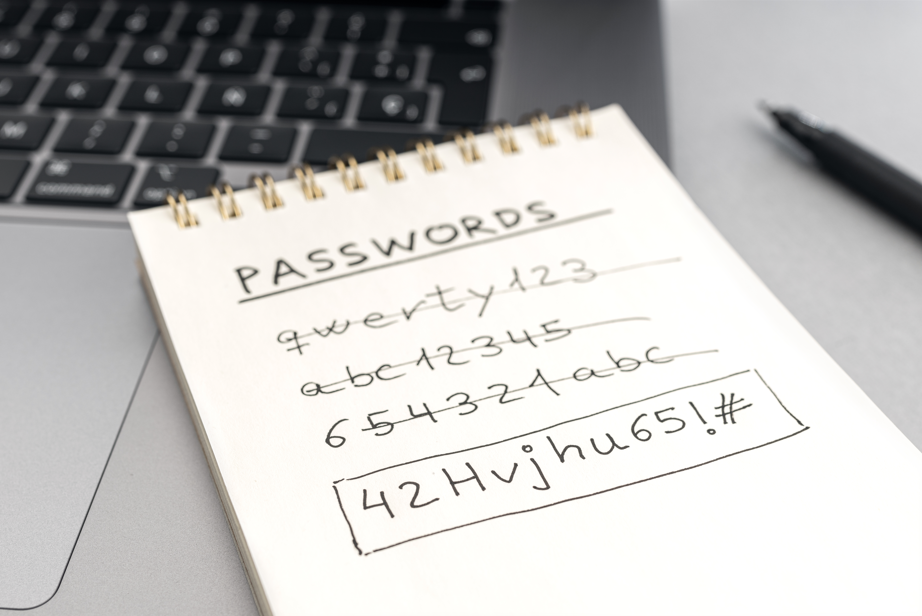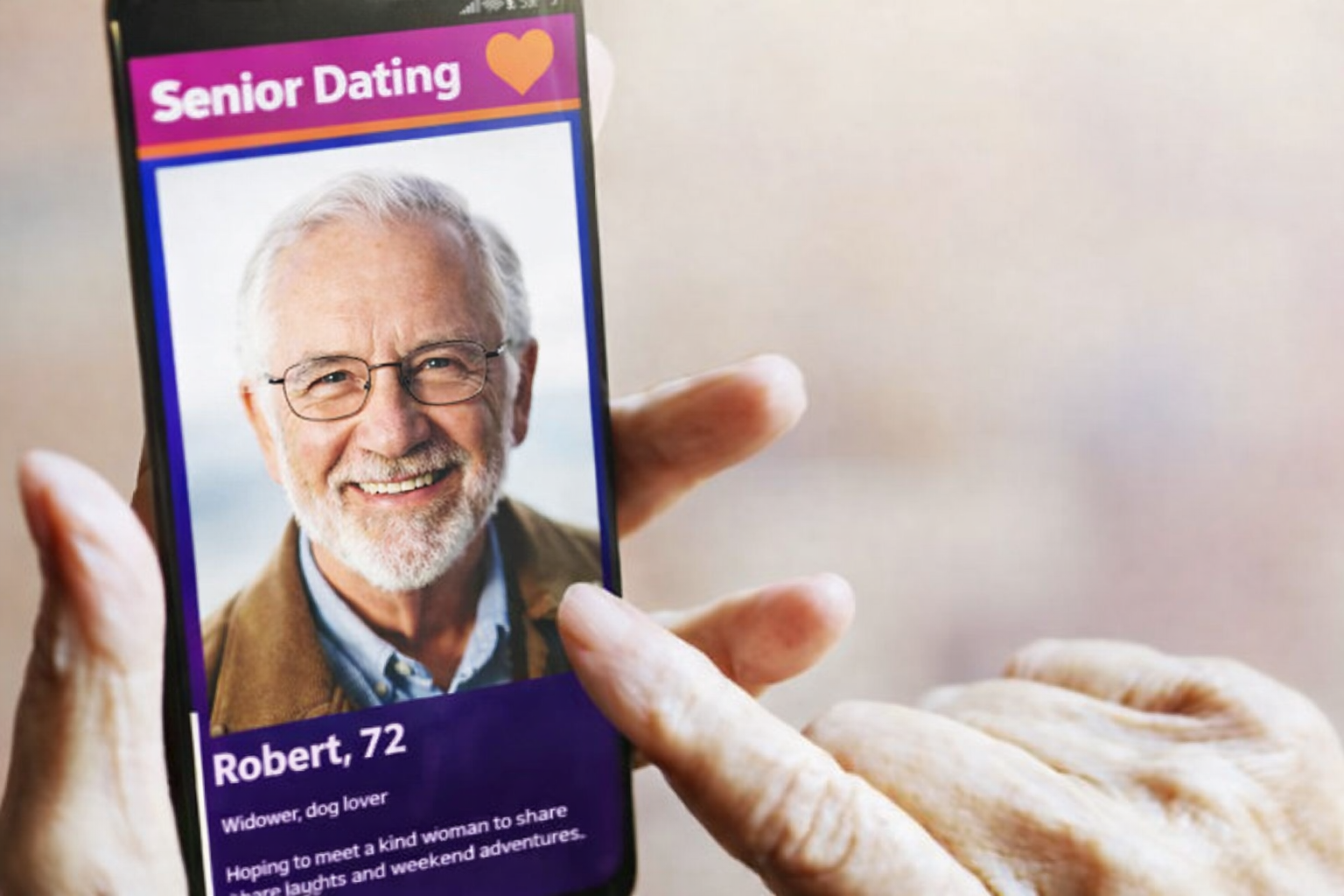How to Avoid Charity Scams
.webp)
Americans donated $374 billion to charities last year, according to estimates from Giving USA. It’s good to be generous—as long as your generosity is going to a legitimate cause rather than a scammer.
Unfortunately, con artists prey on people’s willingness to give, especially around the holidays. So it’s important to be aware of the signs of charity scams and to take steps to ensure that your donation is put to good use.
Know the red flags of a charity scam
There are several signs that a request for a donation isn’t legitimate. According to the Federal Trade Commission, the following are common red flags of charity scams.
- Pressure to make a donation on the spot. Don’t give into demands to give money right away. Ask to be sent materials about the organization first and to be given time to do your own research.
- Requests to be paid in cash, by cryptocurrency, a gift card or a wire transfer. Scammers prefer these forms of payment because they’re harder to track.
- Thank you notifications for a donation pledge you didn’t make. If you get a call or letter thanking you for a pledge that you don’t remember making, don’t feel compelled to pay up. Scammers might be doing this to trick you into paying them.
- Names that sound similar to real charities. Scammers use names that sound like the names of legitimate organizations to trick people into giving. If the name of a charity sounds off, take time to research it first.
- Sentimental pleas with few details. If someone tries to tug at your heartstrings to persuade you to give but can’t give you any specifics about how the money will be used, it’s likely a scam.
- Guaranteed sweepstakes winnings in exchange for a donation. It’s illegal to promise that you’ll win a prize if you make a donation.
[ Read: 5 Signs of a Scam ]
Protect yourself
You can greatly reduce the chances of becoming a victim of charity scams if you take the following steps.
Ask the right questions
If you get a calling from someone asking you to give, ask these questions first:
- What is the exact name of the organization, its web address and mailing address? Confirm on your own whether the information you received was correct and whether you were given the name of a legitimate organization.
- Will my donation be tax-deductible, and can you prove your tax-exempt status? Charitable organizations that are tax-exempt should be able to provide you with their Employer Identification Number (EIN). You can confirm organizations’ tax-exempt status by using the Tax Exempt Organization Search Tool at IRS.gov. (Be aware that political action committees are not tax-exempt and donations to them are not deductible.)
- What are the organization’s mission, goals and history of success? If the caller can’t answer these questions or send you information that answers them, you’re better off donating elsewhere.
- How much of my donation will go to the cause I’m supporting? If the caller can’t answer or the percentage is low, your donation might be used better elsewhere.
Research before giving
Don’t take the word of the person or organization reaching out to you for donations. First, search online for the name of the organization and the words “complaint,” “review” or “scam.” Find out if the charity is registered in your state by checking with your state charity regulator. You also can get reports on charities and their ratings at organizations such as Charity Navigator.
If you're visiting a charity’s website, look for https, a lock icon and .org in the web address. This won’t guarantee that a site is legitimate, but it’s much more likely to be than a site without these characteristics.
Be wary of social media and crowdfunding requests
Requests for donations to crowdfunding sites such as GoFundMe and Kickstarter might seem like a great way to give directly to people in need. But the FTC cautions against giving unless you know the campaign organizer or people receiving the funds. Otherwise, you risk donating to a scammer. See the FTC’s guide to Donating Through Crowdfunding, Social Media and Fundraising Platforms.
Don’t give out personal information
If asked, don’t provide your personal information such as your Social Security number, date of birth or bank account information to anyone asking for donations. Even if the call, email or text appears to be from a legitimate organization, don’t give out this information.
Be careful how you pay
Donate by check or credit card so you have a record of your payment. Do not make donations by cash, wire transfer, gift cards or with cryptocurrency. Also, don’t click on links in unsolicited emails or text messages to make donations. Even if you’re paying by credit card, you can’t be sure you’re giving to a legitimate organization unless you do your research first.
Document your donations
Ask for a receipt for your donation and hang onto it if you plan to claim a tax deduction for your donation. Even if you don’t plan on claiming a deduction, you still should keep proof of your donation in case you’re contacted by an organization claiming that you didn’t follow through on a donation pledge.
Also, make sure you were only charged for the amount you agreed to donate. And keep tabs on your checking and credit card accounts to ensure that you weren’t inadvertently signed up for recurring donations. Using an account monitoring service such as Carefull will alert you if it spots recurring donations in your accounts—as well as other unusual transactions and money mistakes such as duplicate payments.
What to do if you’re a victim of a charity scam
Report the scam to your state charity regulator and to the FTC at ReportFraud.ftc.gov. Be prepared to provide any information you have about the scam, including the name of the organization, the contact information you have for it and details of the donation request.
If you provided your personal or account information to a scammer, you’ll need to take additional steps. Check your bank and credit card accounts for transactions you don’t recognize, then report any fraudulent charges. And check your credit reports to see if any new lines of credit have been taken out in your name. You’ll need to alert the lenders that those accounts are fraudulent and close them. You might also want to place a credit freeze on your credit reports to prevent new accounts from being opened in your name.
Learn more about what to do if your identity is stolen.
[ Keep Reading: How to Check Out a Charity Before You Donate ]

3 Steps to Safer Money,
Try it Free for 30 Days
Step 1
Start your free,
no-risk trial
Step 2
Connect the accounts and cards you want protected
Step 3
Stay alerted to any
unusual activity



.png)



